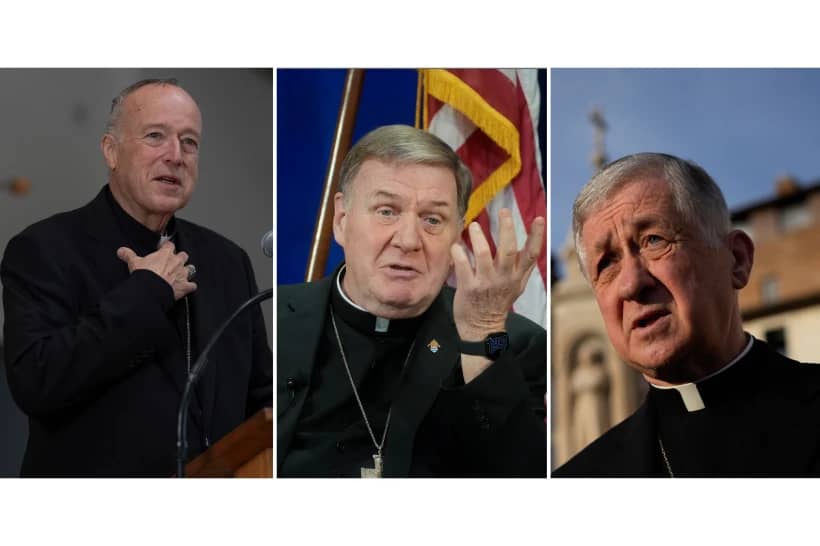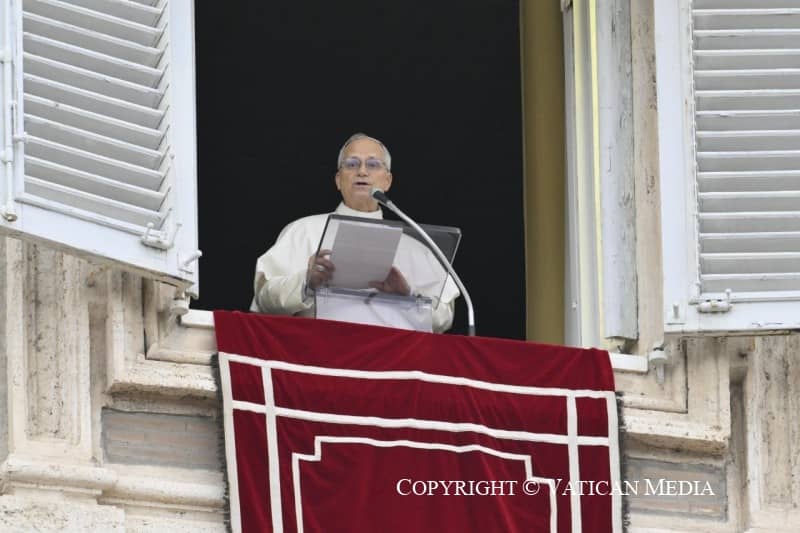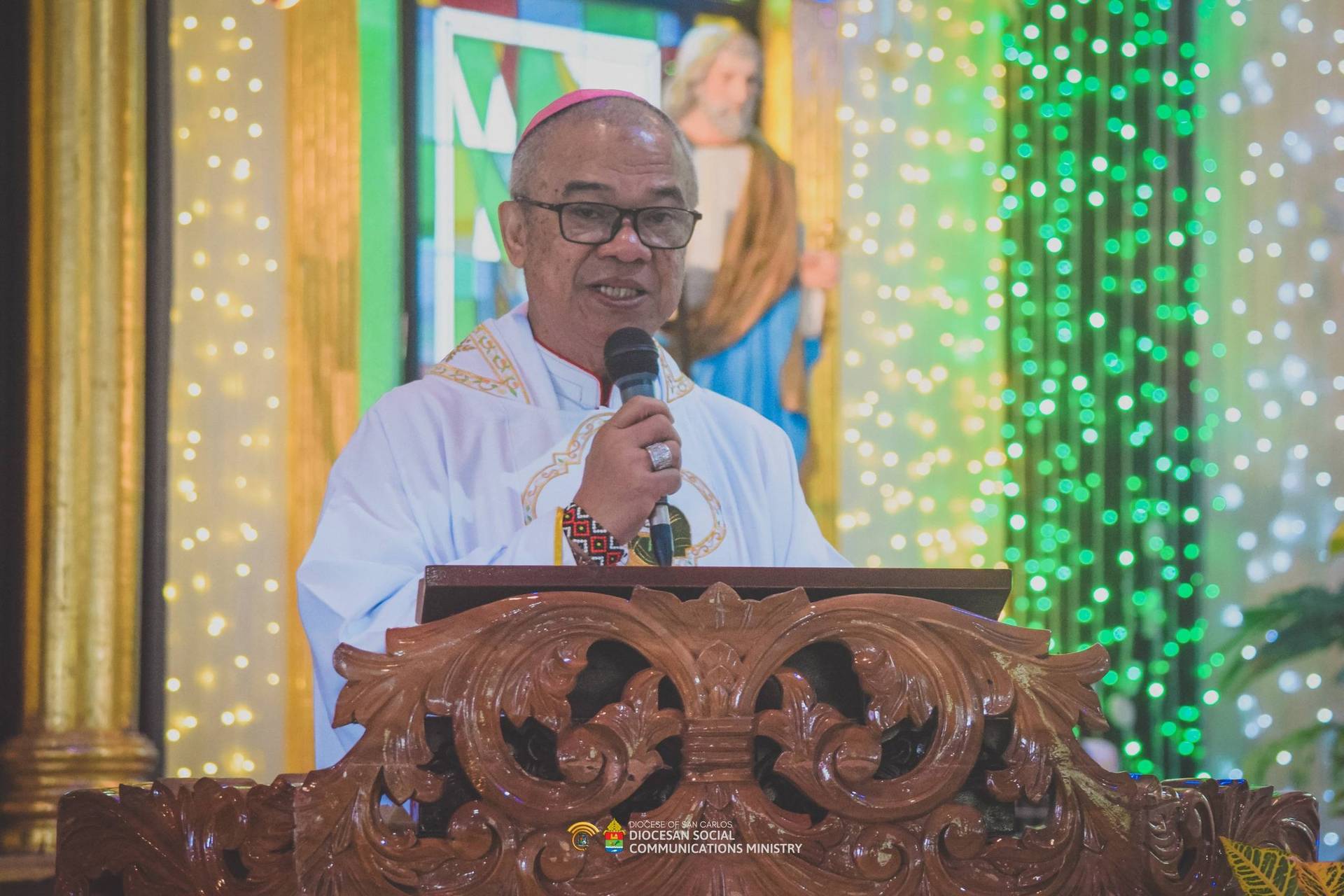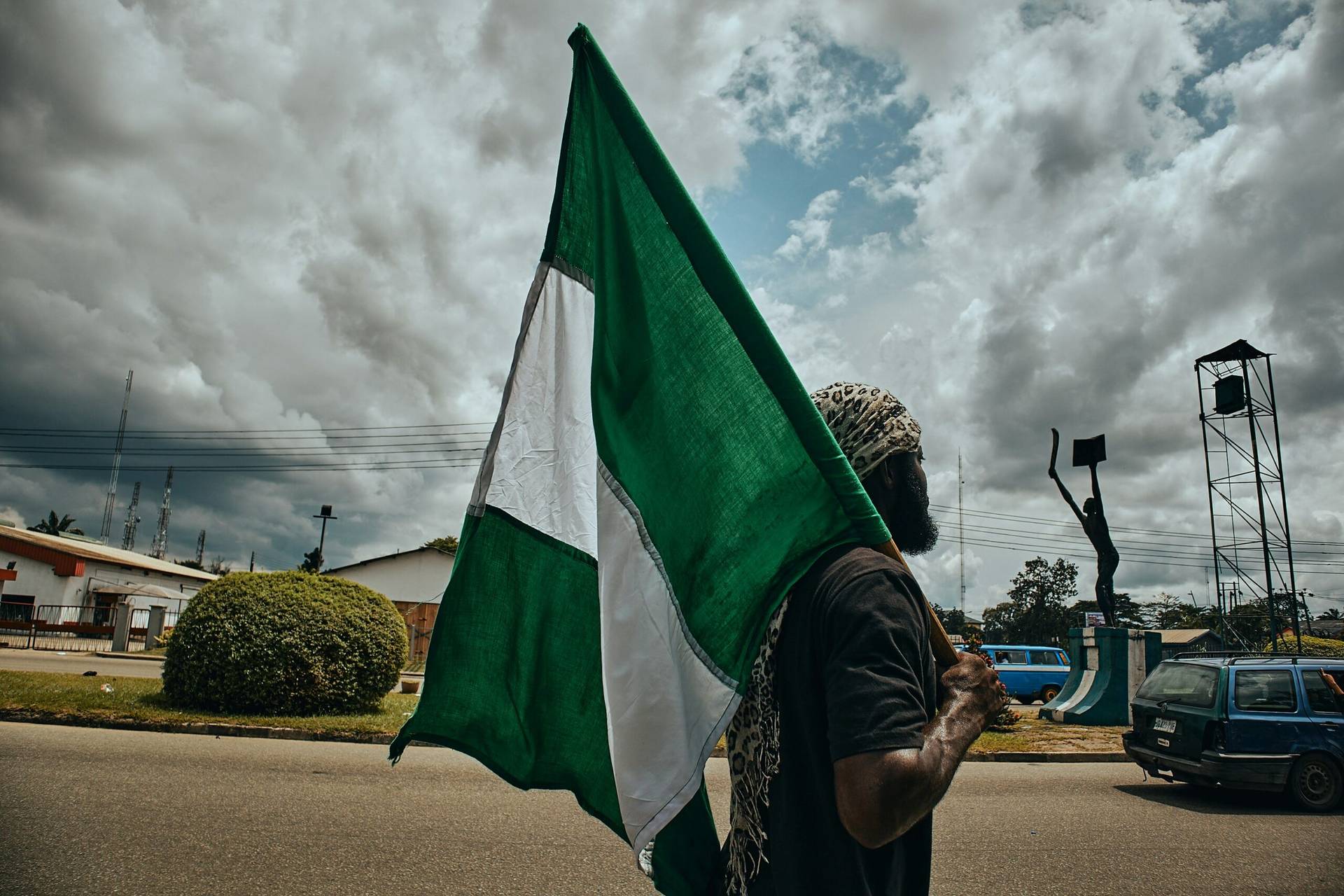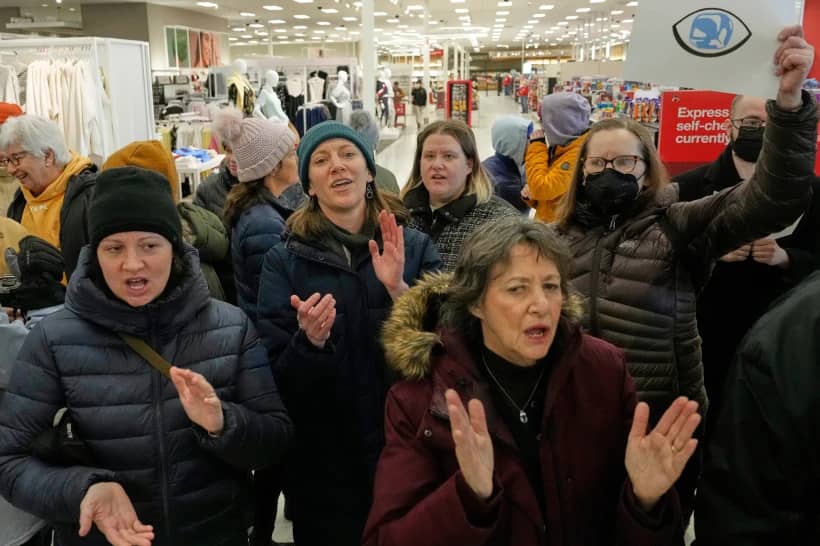ROME – Though temporarily muscled out of the spotlight due to other international crises, Venezuela continues to be a nation on the edge of chaos. Pope Francis is being regularly updated on the situation, most recently by Cardinal Jorge Urosa Savino, of Caracas, who met with him privately last Friday.
“In general, the situation continues to be really bad, because the government stubbornly continues to insist, in an absurd way, to enforce a failed political and economic project that is the socialist, communist, Marxist, totalitarian and militaristic system,” Urosa told Crux after his meeting with the pontiff.
Never one to shy from calling it as he sees it, Urosa acknowledged a silver-lining: Upcoming regional elections for state governors. The cardinal believes the votes will be an opportunity to make “even more evident” the fact that the government of President Nicolas Maduro no longer has majority support.
In August, the country’s opposition parties confirmed their decision to participate in the gubernatorial elections, which will be held December 10. The were supposed to occur last year. The elections come after almost five months of anti-government protests that have left more than 120 dead and after Maduro installed a widely criticized assembly to rewrite the country’s constitution.
The so-called constituyente has since claimed supreme power, overruling the country’s General Assembly, which had been in the hands of the opposition since 2015. One of the members of the newly-instituted assembly said the body would decide which candidates are qualified.
Crux spoke with Urosa on Friday, while he was still in Rome. What follows are excerpts of that conversation.
Crux: What brought you to Rome?
Urosa: I came for several matters of the Church in Caracas and Venezuela that I had to address here in the congregations in the Roman Curia, and particularly to meet with the Holy Father, seeing that I’ve reached retirement age, so I wanted to speak with him about it.
Can you give us a preview of that conversation?
No, no, we leave that in private, at least for now (laughs).
When you say you came to talk about the situation of Venezuela, it’s been a little over 20 days since we last spoke about this. How’s the situation in the country today?
In general, the situation continues to be really bad, because the government stubbornly continues to insist, in an absurd way, to enforce a failed political and economic project that is the socialist, communist, Marxist, totalitarian and militaristic system. It’s led to nothing but ruin, pain, and death in the countries where it has been imposed. This is the general frame.
On the other hand, there are several problems that have gotten worse, such as the refusal from police forces to free prisoners who have been released by the judges. This showcases a sort of rebellion from the police forces against the judicial system, making this a flagrant violation of the human, civil and social and political rights of those imprisoned. There’s a group of young people who’ve received their release paperwork, and the police have flat out refused to release them.
This gives you an idea of how bad the situation is.
On the other hand, it’s evident that many of the prisoners have been submitted to unjust, inhumane treatments that have garnered an investigation regarding torture by the OAS [Organization of American States]. This is a new, deplorable fact.
Any silver linings?
There’s one positive thing, which is the call to regional elections. Many people criticize them, because they perceived it would be like validating an electoral college that’s behaved negatively. Yet the majority of the population see this as a step forward in the path of solving the problems that we have. It’s about being able to put in as governors people who are in line with democracy and freedom, and not people who are subject to the government.
Furthermore, this would prove that the government is no longer a majority, which is already a fact, but the result of these elections will show this in an even more evident way. In this sense, elections are a positive occurrence amidst so much difficulty.
Some days ago, an ex-commander of NATO [North Atlantic Treaty Organization], said he feared Venezuela might be headed towards a civil war. Do you agree with this?
I don’t believe that we’ll reach this point, for a very simple reason. For there to be a civil war, you need to have two armed sides. In Venezuela, the only armed side is the government and the paramilitary groups that the government has armed. So the population and the opposition in general doesn’t have the weapons for a civil war.
What we could face is a hardening of dictatorial measures from the national government, as we’ve already seen, with the extreme, over-reactive, exaggerated, and cruel repression against the people’s demonstrations in the months of April, May, June, and July.
A question unrelated to Venezuela, if I might. In recent days, a group of conservative theologians accused Pope Francis of spreading heresy, mostly related to Amoris Laetitia. Have you heard about it?
No, not at all.
But how did you see the pope, did you notice him to be particularly concerned?
It was a very positive conversation. We didn’t talk about Amoris Laetitia, we spoke about the situation in Venezuela, the future of the country, the future of the Church in Caracas, but not the exhortation.
Is there something else Crux readers should know to understand what’s going on in Venezuela?
I believe the government, once again, tried to set up the trap of dialogue regarding the political situation. I say trap because it’s an attempt that has no roots in an authentic intention from the government. This remains suspended, because the opposition remains firm in demanding the conditions set up last year for this dialogue to take place.







